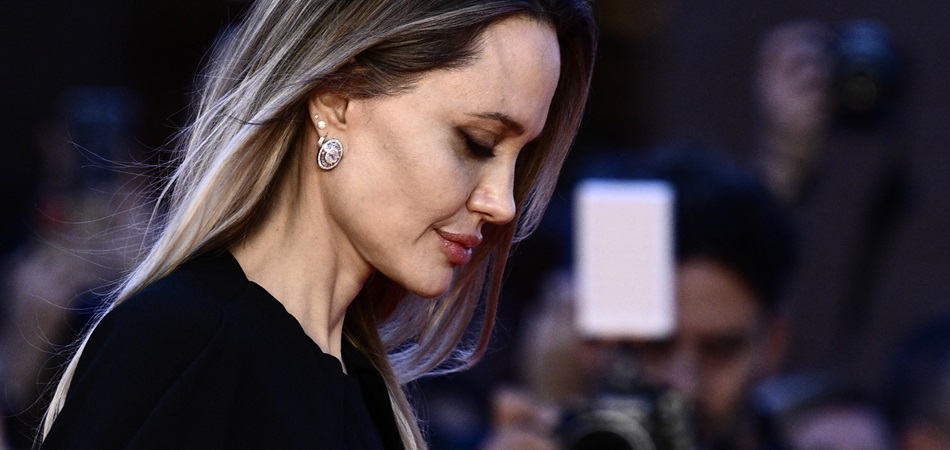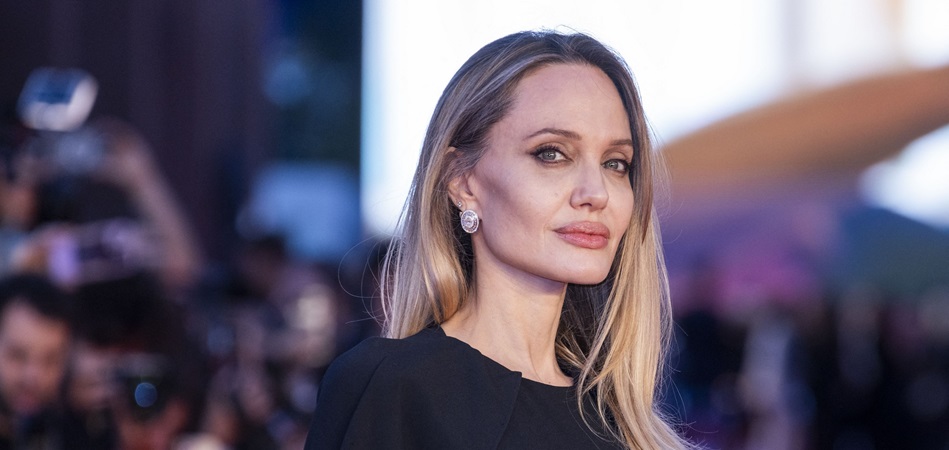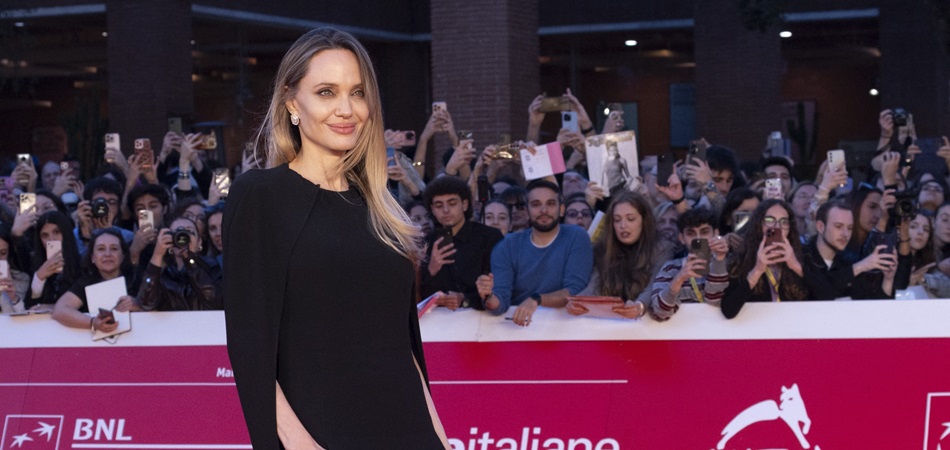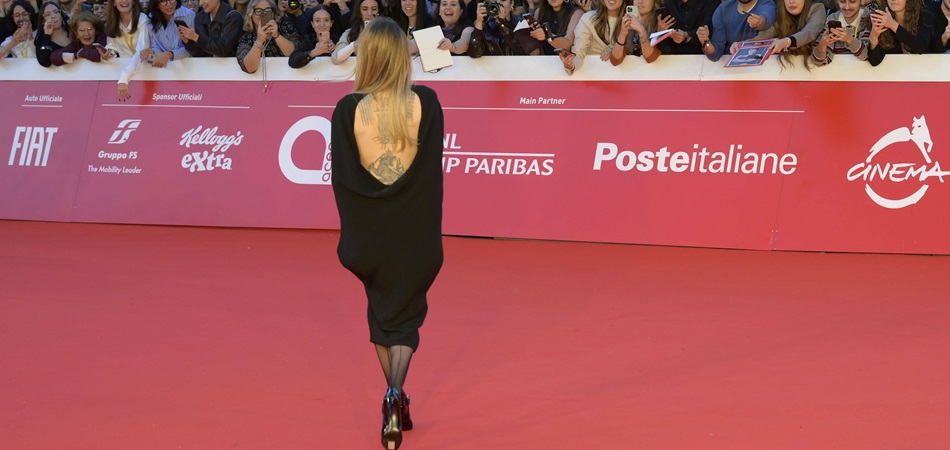Tunisia’s Angelina Jolie-lookalike Covid-19 vaccine prank show angers WHO
- Details
- Published on Wednesday, 30 November -0001 00:00
- Written by The national news
World Health Organisation says programme will spread vaccine scepticism.It is a Ramadan tradition: each night after iftar, millions of Tunisians tune in to their favourite Ramadan shows – limited-run series filled with intrigue, romance, or comedy. But this week, one popular production, a candid camera prank show called Angelina 19, had the World Health Organisation demanding it be removed from the airwaves.Each night the show invites a local sports star, musician or politician to a panel discussion about Covid-19, before a surprise guest arrives: an Angelina Jolie lookalike in her role as a goodwill ambassador for the United Nations.The fake Jolie tells the audience she is donating thousands of doses of a vaccine "approved by the WHO" to Tunisia, and persuades them to get vaccinated on camera.A "renowned Tunisian cardiologist" vouches for the vaccine, and the group retires to a room offstage to line up for the jab.But events take a turn when two of the actors in the show fall to the floor, convulsing and screaming in pain, shortly after receiving the fake vaccine. Chaos ensues and one of them is "pronounced dead".The candid camera captures the shock and horror of the celebrities as they try to navigate the situation.While the show’s producers claim this is all for comic effect, the WHO is not laughing.In addition to the misappropriation of the WHO logo and name, the organisation is worried about the show’s effect on vaccine hesitancy.In a letter to the Minister of Health, the WHO’s representative in Tunisia, Yves Souteyrand, called for the show to be removed from the airwaves.“It is known that part of the population is reluctant to be vaccinated and that major efforts must be made to build trust in the vaccine,” the letter, obtained by The National, reads.“The media have a role to play in this area. But, we fear that this kind of programme, broadcast on a popular channel with a broad audience, will promote scepticism, hesitation to get vaccinated and conspiracies, by associating the vaccine with death or serious side effects.” Uptake of the vaccine slowed in recent weeks after an initial surge when the first doses arrived in the country. A little more than 271,000 Tunisians have received at least one dose of the vaccine, although millions of doses are available. Of the more than 11 million people living in Tunisia, just 1.3 million are registered in the online system for obtaining a vaccine.Many Tunisians already question whether the vaccine is effective, safe or necessary.Aymen Tarhouni, 28, said he was not planning on getting vaccinated.“My mother got it a few months ago,” he said while out enjoying a warm day in Tunis’s bustling downtown. “Thankfully she made it, so for me I think I’ll leave it in God’s hands.” He said that he does not like to check the daily number of new infections, “because it adds anxiety to my life that I don’t need”. But the number of new infections continues to climb steadily, with nearly 2,000 new cases reported each day. Hospital ICU units are nearing capacity and deaths have climbed past 10,000. Last week a government scientific adviser warned that the healthcare system could collapse if the caseload did not come down.Some of Tunisia’s most vulnerable, the elderly, are still sceptical whether the vaccine is safe. Abdelaziz, 71, said he had registered with the online system, but was worried about the possible ill effects of the jab. “There's not enough information about some vaccine types,” he said, “especially the one that causes blood clots.” For Nadia, 36, Angelina 19 is just another hurdle in her quest to persuade her ageing mother to get vaccinated. “We young people know the show’s a candid camera, a prank,” she said. “But old people don’t necessarily get that, and it scares them. My mother still won’t get her vaccine.”
 |
source : The national news ![]()
![]()












 Share
Share